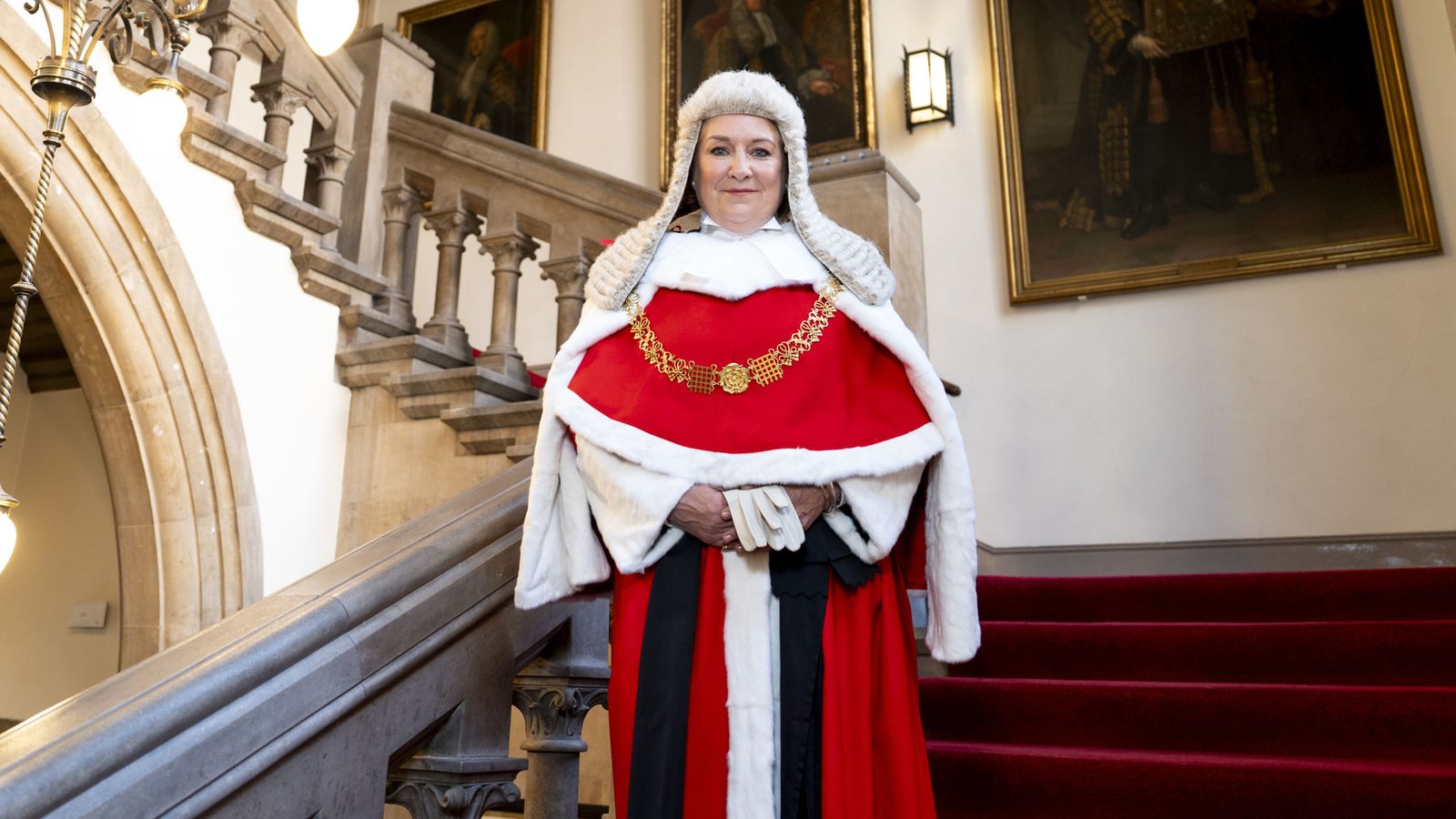Politics
England’s top judge condemns Starmer and Badenoch comments on Gaza family coming to UK on Ukraine scheme

Understanding the Controversy: Gazan Family, Ukraine Scheme, and Judicial Independence
The situation involves a Gazan family who sought refuge in the UK under a scheme intended for Ukrainian refugees. This has sparked a debate between the government and the judiciary, highlighting issues of legal loopholes, human rights, and the separation of powers.
-
The Ukraine Scheme and the Gazan Family: The UK’s Ukraine Family Scheme was created to help Ukrainian refugees fleeing the war. A Gazan family, however, applied under this scheme, raising questions about its eligibility criteria. The family succeeded on appeal, citing human rights and family ties in the UK, despite the Home Office’s initial rejection due to the absence of a Palestinian resettlement scheme.
-
Judicial Decision and Human Rights: The tribunal judge allowed the family to stay, interpreting the European Convention on Human Rights (ECHR) to include the right to family life. This decision was based on the family’s existing ties in the UK, emphasizing that the absence of a Palestinian scheme shouldn’t override human rights considerations.
-
Government’s Response and "Loophole" Concerns: Prime Minister Sir Keir Starmer and Kemi Badenoch criticized the decision, vowing to close the loophole. They argued that the scheme was intended solely for Ukrainians and that the judiciary should not expand its scope without legislative change.
-
Judicial Independence and Government Criticism: Lady Chief Justice expressed concern over public criticism of the judiciary by government officials. She emphasized that judicial decisions should be respected and challenges should occur through legal channels, not public statements, to maintain judicial independence.
-
Balancing Powers and Future Implications: The case underscores the tension between government policy and judicial interpretations of human rights law. The government’s pursuit of legal avenues to address the issue could set precedents for future refugee policies and the handling of similar cases.
- Conclusion: The situation reflects broader challenges in immigration policy, where the government must balance compassionate considerations with scheme integrity. It also highlights the need for respectful dialogue between the judiciary and the executive to maintain the rule of law and separation of powers.


















